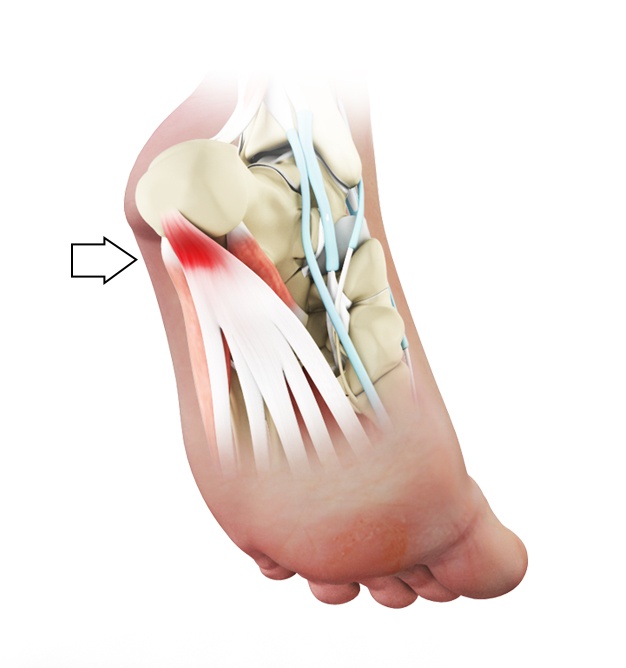
The term plantar fasciitis signifies inflammation to the plantar fascia ligament and causes pain in the bottom of the heel and/or foot. Surprisingly, the plantar fascia is the largest ligament in the human body.
Plantar fasciitis is one of the most common orthopedic complaints that our doctors hear from patients regularly. It is also the most common cause of pain in the heel. Too much pressure on your feet can damage and tear your ligaments which cause your plantar fascia to become inflamed. This becomes painful and sometimes unmanageable.
This condition is usually worse in the morning, but can be triggered by long periods of standing. After exercise, you might experience severe pain in the bottom of your heel or foot. Many athletes find themselves sidelined from severe plantar fasciitis.
Who is at risk for developing plantar fasciitis?
- Overweight people
- Long-distance runners and ballet dancers
- People with structural foot problems
- Active women and men between the ages of 40 and 70
- People with active jobs that involve being on their feet often
Treatment options
Reducing the inflammation in the plantar fascia ligament is a vital part of treatment.
Home treatments and different medical treatments are offered to provide relief to patients. Home treatments can include anything from rest, ice, using arch supports in your shoes, and practicing different stretching exercises to relieve pain.
Over-the-counter drugs and anti-inflammatory drugs can help some patients, but others will need to see a doctor and consider other forms of treatment. Physical therapy is an important part of rehabilitation for plantar fasciitis. Many patients will engage in regular physical therapy sessions with our physical therapists to reduce symptoms over time.
Special orthotics and arch supports can help alleviate some of the pain in your foot and heel. In rare cases, a boot can be administered to immobilize your foot while the plantar fascia heals.
In severe cases, surgery is performed for people whose symptoms do not improve, even after continuous treatment. Only 5% of sufferers undergo surgery and the success rate of the surgery is not 100%.
Examination
If your plantar fasciitis doesn’t improve with home treatment, please contact us to schedule an examination with one of our doctors. Our highly trained and specialized orthopedic team have been serving the Palm Beach County area for 65 years. We’d be happy to serve you, too. Contact us today to schedule an appointment.




